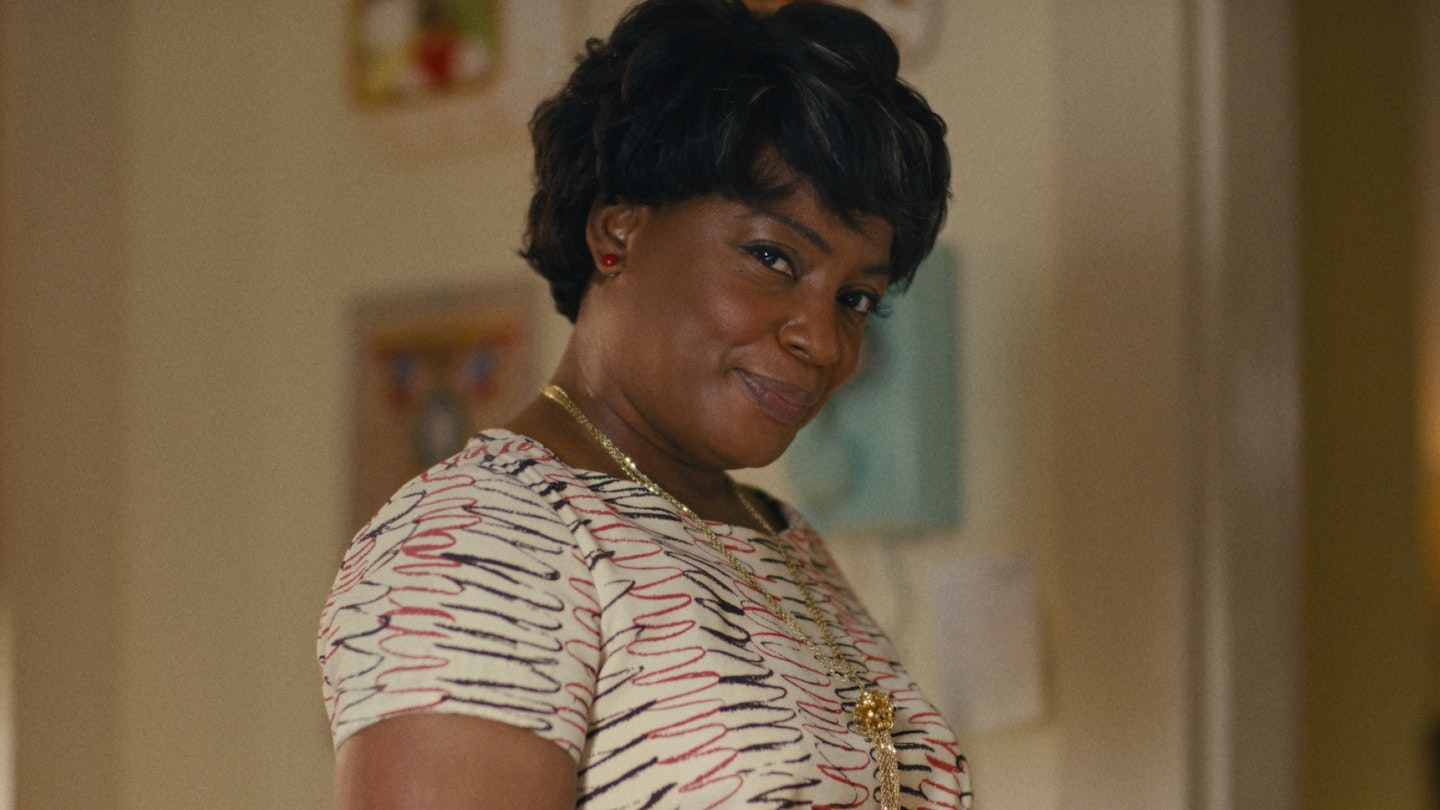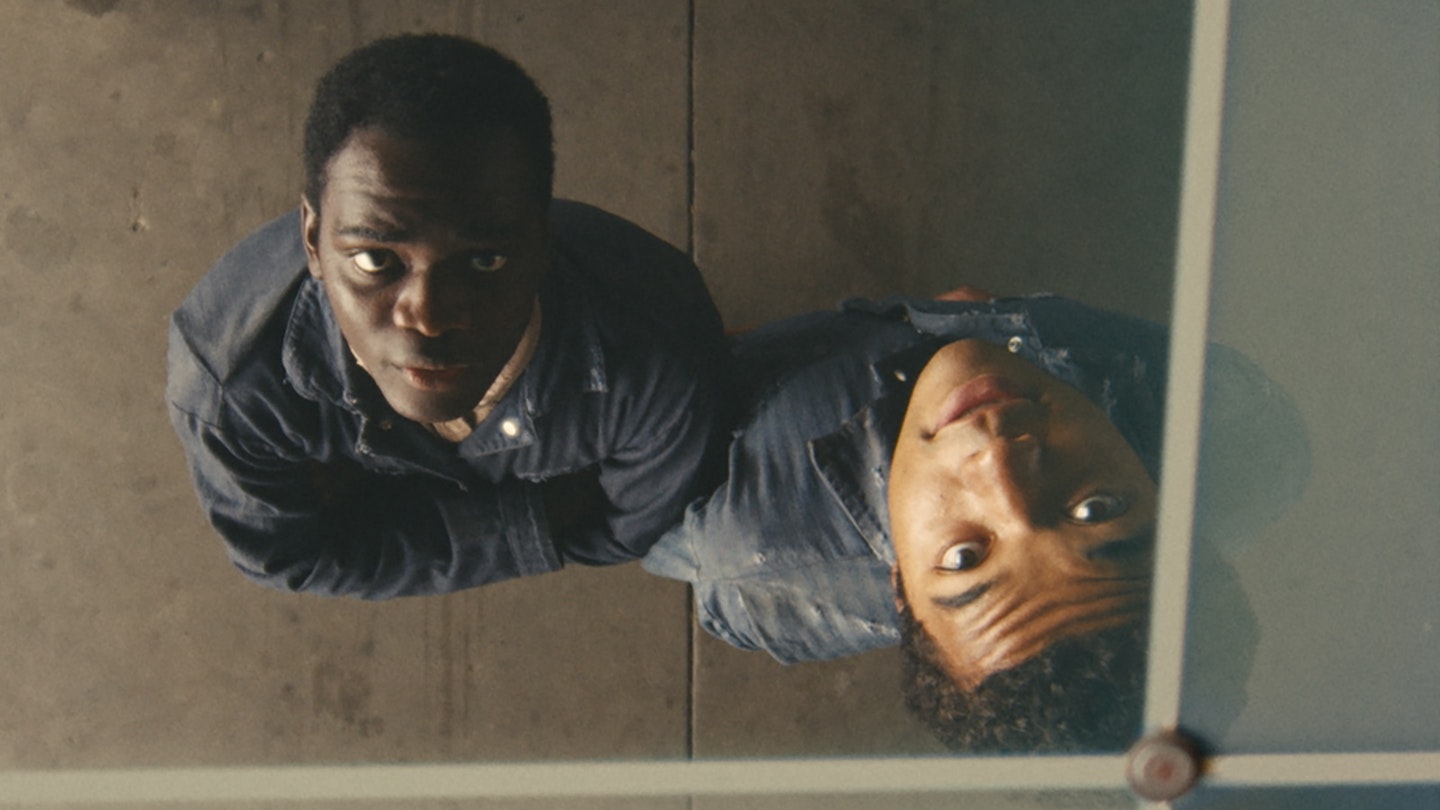There might not be anything else like RaMell Ross’ Nickel Boys. Adapting the 2019 novel by Colson Whitehead (best known to most for The Underground Railroad, adapted for TV by Barry Jenkins in 2021), Ross finds an unorthodox approach here: extrapolating the book’s third-person narrative into a first-person point-of-view, the camera almost entirely presenting the action as through the eyes of its protagonists. Think Peep Show, but as a serious and urgent drama.

It follows Elwood (Ethan Herisse), a young idealist living in Jim Crow-era Florida. Under false accusations, he’s sent to the Nickel Academy for Boys, a “correction school” — in reality a prison by any other name, complete with the exploitation of its inmates as free labour. While there, Elwood befriends another young man named Turner (Brandon Wilson), who has a much more cynical outlook on freedom for African-Americans or any potential of escaping the school itself.
The camerawork becomes a way of illustrating a character’s thoughts without narration, and with an immediacy that feels unprecedented.
Through his distinctive first-person method, Ross — a photographer and documentarian, making his fictional feature debut here — isn’t just playing with cinematic framing but also how such films frame the past. On some level it feels like a corrective to more sensationalised recreations of America’s racist anti-Black history, seeking to empathise rather than observe. That might seem like a slight distinction, but you can feel it in Nickel Boys’ revolutionary cinematography.

It takes a little bit of getting used to: after all, a head and a human eye doesn’t quite move like a camera does. Leaning too hard into replicating that motion might prove a little disorientating. To the director’s credit, Ross is not entirely strict with his experimental methods. Overall, the combined approach feels as natural as a photographer’s eye — framing the horrors of the Jim Crow era as it would have been observed by its victims. The camerawork becomes a way of illustrating a character’s thoughts without narration, and with an immediacy that feels unprecedented.
It embodies a subjective perspective that so few films about Black lives have. In one heart-stopping moment, Elwood tentatively creeps around a corner, in fear of what he hears around it; the camera’s limited point-of-view only adds to that innate paranoia. But it’s also a unique and sensory approach to portraying memory, its associated sounds, textures and actions seen up close. Given Herisse and Wilson are only seen in reflections and glimpses, it’s a technique that makes it difficult to evaluate the actual acting — but what we do see is revelatory in how Ross’ camera plays with our perception of them, and how they respond. It’s one of many ways in which Nickel Boys turns so many entrenched ideas about performance and perspective on their head.
